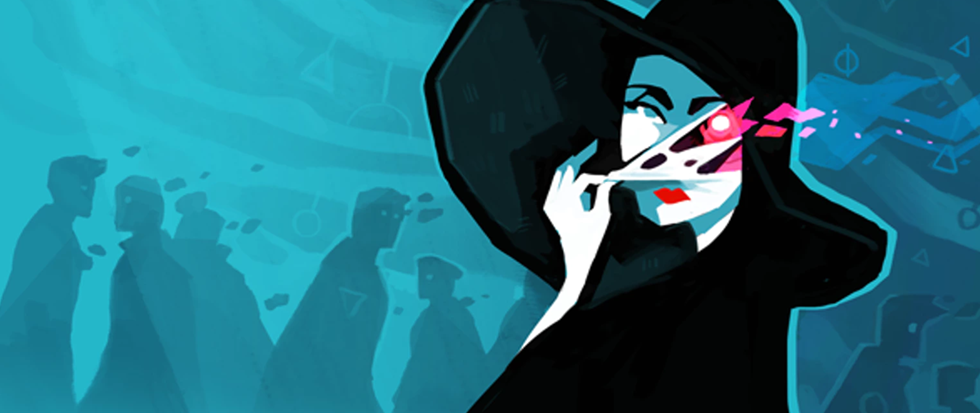
The Sweet Illogic of Cultist Simulator
There is a chain of lights spilling out before you. Each shimmers out of sync with the other, but occasionally, they line up for a throb or two. These few seconds slowly balloon into hours, a hypnotic rhythm emerges from the chaos of your mind. You wake up, feeling as if you’d just set your head down onto the pillow as your stomach clenches and the window seems to amplify the cold air rather that shield you from it.
Some dreams infect the waking world, possessing me with their sweet illogic. They render favorite foods into ash on the tongue, desaturating the world for a few brief hours until the body’s basic needs reassert themselves so strongly so as not to be ignored. Work no longer fulfills, where labor would once plug a gushing void only despair pools out now. The loneliness of this existence is all consuming until you meet someone who understands, who doesn’t visibly cringe at the description of the symbols that haunt your subconscious. This potential collaborator feeds your cracked worldview, they are a crowbar into the glimmer of truth and you must twist them in whatever ways necessary to further your tango with enlightenment.
But this base reality proves too demanding to slough off. The body withers, decays, and rots with whatever insight you thought you’d gained back into the earth. Until you start a new game, echoing a past barely remembered. Such has been my experience so far with Cultist Simulator, a game currently in early access by Weather Factory which includes the folks who’d made Sunless Sea, a similar exercise in digging out light from a murky terror. Both are exercises in reincarnated narrative, where the player builds on successive grueling defeats while eking out minor steps down a spiraling plot, as well as keeping tabs of what you need to live and explore. These requirements keep you grounded, but you can cast them to the wind and plunge headlong into madness repeatedly, forever.
Both games were also adept at revealing as little as possible. While it’s likely that Cultist Simulator simply has yet to implement a tutorial or glossary to its many elements, I presume that gleaning the interactivity of the cards is part of the player’s journey. Every lifetime starts small, with a modicum of seemingly temporary work cards played into the time-spent module bring rewards of funds and vitality, but this is not a reliable resource. As you work with your body the mind spins as well, and eventually books are found and investigated, and potential collaborators are collected and conversed with, that slowly peels away the waking world as you understand it. Scraps of forbidden knowledge are revealed, followers gained, until eventually you cross a final win condition of questionable morality.
Or so I’m led to believe. I keep dying because I don’t really understand how to stay alive or find what certain characters or books require to unwrap their secrets, and the game doesn’t tell me much—I’m placing cards somewhat haphazardly, where I believe they should go as well as willy-nilly. But this kind of in-game floundering doesn’t feel completely at odds with the goals of Cultist Simulator. It’s driving me crazy not understanding what exactly is being asked of me, but I keep starting another game. Each life reveals a morsel of interactivity and threads the glowing glints of description and narrative that really floats the game above it.
I’m drawn into the darkness to touch a golden epiphany, expecting to eventually betray my own milky morality to gather a cult of my own and devour those foolish enough to follow me into the abyss. I haven’t quite made it to that point with this game but the charmingly harrowing music, disintegrating cards, glimpses of something larger in books whose language I can’t parse all propel me further into these extra-planar mysteries. Cultist Simulator lays out many cards, but it’s up to the player to keep picking at the hidden systems of exquisite language and inscrutable ludology, at least until I’m pulling my own face off in a desperate attempt to please the old gods.





